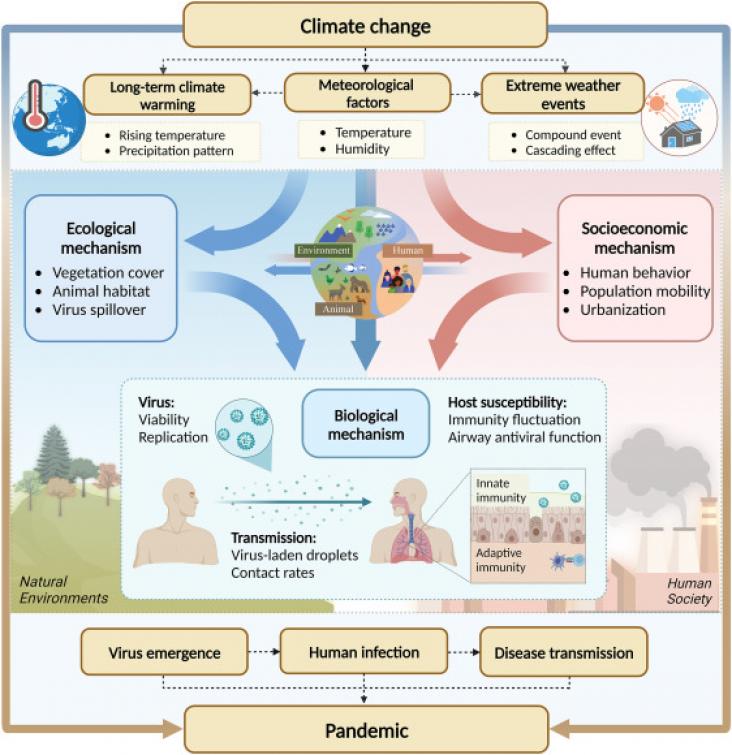The study reveals that damage to the blood-brain barrier increases the proportion of microglia, a type of brain cell, which contributes to the progression of aging and Alzheimer's disease. It also identifies ten different functional types of microglia and underscores the significance of certain signalling pathways in communication between cells.
In this review, we summarized the potential therapeutic effects and related mechanisms of Panax ginseng in treating AD and VaD to provide some examples for further studies.
This article investigates the distribution and levels of tau and other neuronal proteins in the submandibular gland and frontal cortex of individuals at different clinicopathological stages of Alzheimer's disease (AD), revealing differential protein levels and the presence of unique tau species in peripheral tissues, providing insights into the relationship between peripheral tissues and AD progression.
This article reviews collaborative mindset required to tackle global problem of AD.
This Article supports Sustainable Development Goal 3 by assessing the impact of physical activity and sleep on 10-year cognitive decline in older people. They showed that the cognitive benefits associated with increased activity were not enough to ameliorate decline associated with short sleep.
Introduction and Objectives: We initiated this multicenter study to integrate important risk factors to create a nomogram for hepatitis B virus (HBV)-related hepatocellular carcinoma (HCC) for clinici

This Review supports SDGs 3 and 13 by synthesizing the recent evidence on whether and how climate change, manifested in meteorological fluctuations, extreme weather events, and long-term global warming, influences the epidemic dynamics of viral respiratory infections, including spatiotemporal distribution of seasonal epidemic, disease outbreaks, and pandemics.
This Article supports SDGs 3 and 13 by comprehensively assessing the future out-of-hospital cardiac arrest morbidity burden related to non-optimal temperatures, heatwaves, and cold spells in Northern China under different climate change scenarios.
Female sex workers are a key population for HIV control. This study uses data from Zimbabwe's national sex worker programme to shed light on HIV outcomes in this important population.
Tuberculosis is a major contributor of morbidity and mortality in people living with HIV. This study investigates treatment of coinfection with the current first-line treatments for both infections.
